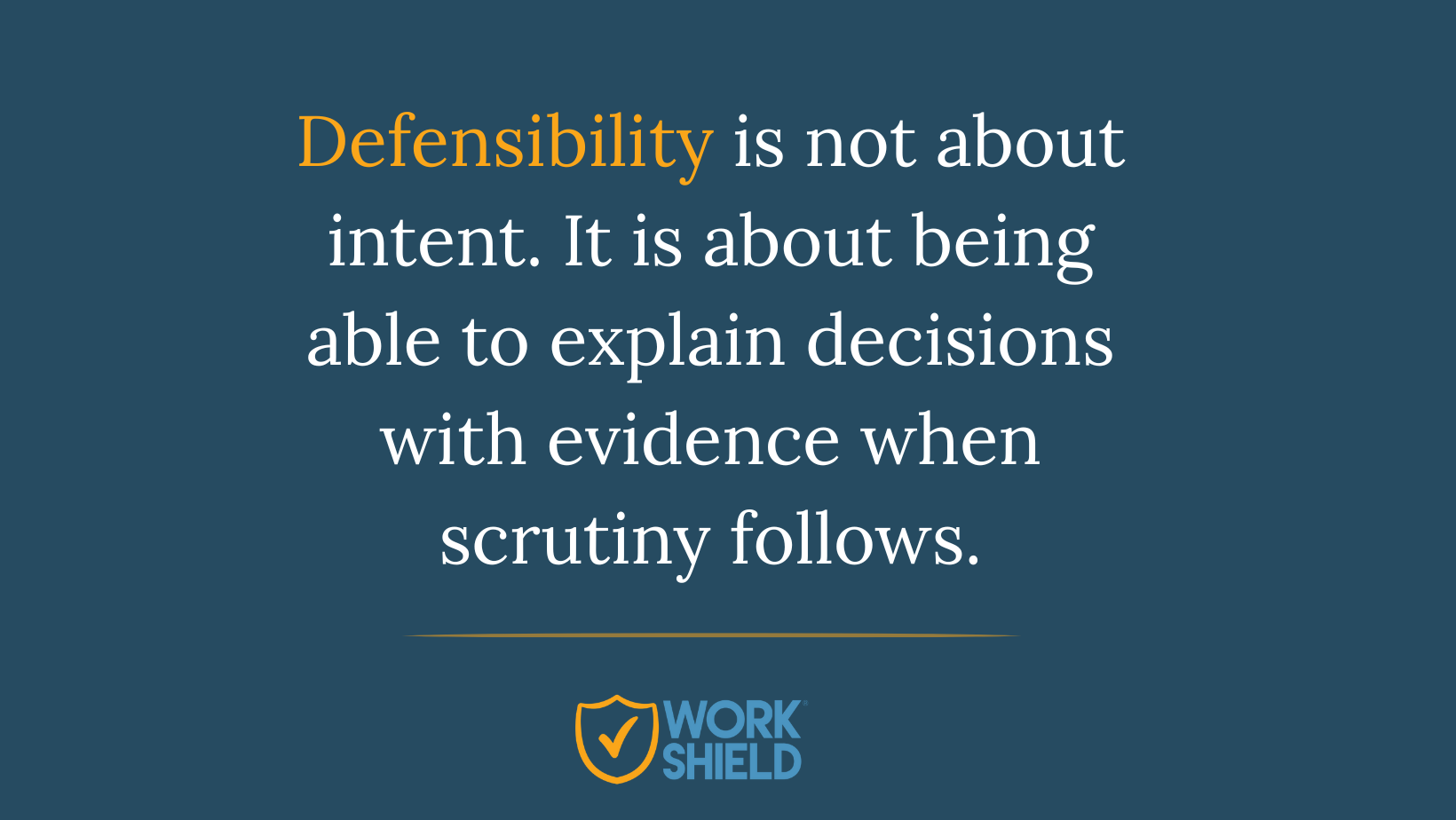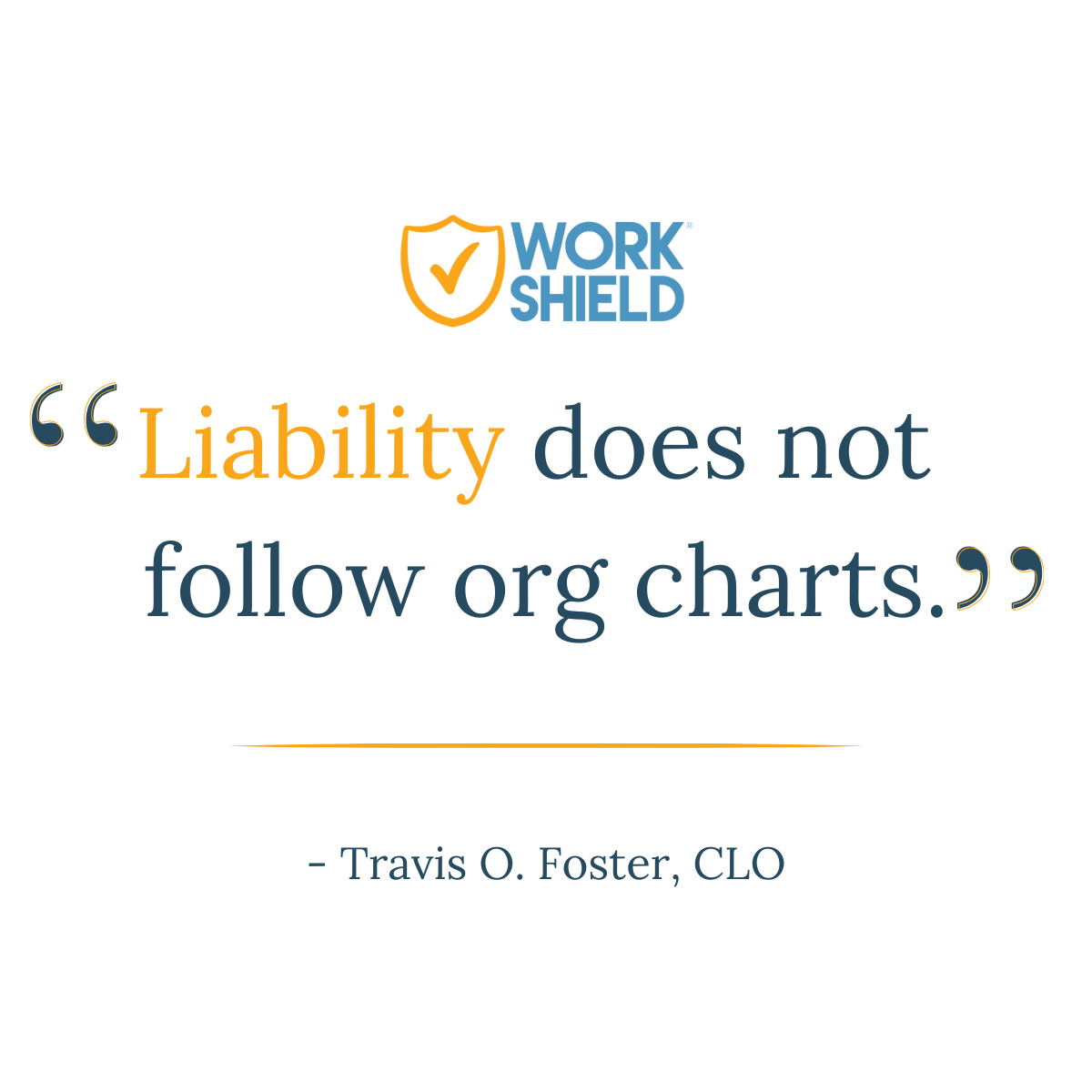In December 2020, vaccines from both Pfizer and Moderna received FDA emergency use authorizations to begin the fight against COVID-19. The Equal Employment Opportunity Commission acted swiftly, issuing guidance indicating that employers are generally permitted to require coronavirus vaccinations for employees. However, that advice comes with a long list of stipulations, particularly regarding Title VII of the Civil Rights Act of 1964 and Americans with Disabilities Act protections. It is critical that employers be familiar with the legal ramifications regarding COVID-19 vaccination mandates and the accommodations necessary for those unable to be vaccinated.
The EEOC’s Vaccination Guidance
The EEOC guidance indicates that employers can require COVID-19 vaccinations for employees as long as their policies conform with ADA disability and Title IV discrimination protections already in place, along with any other applicable workplace laws. In general, the new EEOC recommendation encourages employers to be mindful of the rules for accommodating those with medical concerns or religious objections. As the Society for Human Resource Management points out, employers with unionized employees may also need to reach an agreement with the union(s) involved before mandating vaccines.
ADA Guidelines
While the ADA bars discrimination on the basis of disability or medical status, it does allow employers to implement a qualification standard, including “a requirement that an individual shall not pose a direct threat to the health or safety of individuals in the workplace.” If a vaccine requirement conflicts with an employee’s disability, the employer must prove the unvaccinated employee reaches the threshold of “direct threat” and provide a reasonable accommodation, such as allowing said employee to work from home or take a leave of absence.
While the ADA prohibits employers from administering medical examinations, the EEOC does not equate the administration of a vaccine with an examination. However, legal experts warn that the vaccine’s necessary pre-screening questions may elicit disability information. Therefore, employers who choose to administer vaccines must prove that such pre-screening questions are “job-related and consistent with business necessity.” Or, they may decide to avoid the issue by making vaccinations voluntary or requiring the use of unrelated third-party providers.
Title VII Regulations
Under Title VII guidelines, an employer must accommodate an employee’s sincerely held religious beliefs unless doing so causes an undue hardship on the business. The definition of religion is broad, so employers should typically assume a request for religious accommodation meets the standard of a sincerely held belief. If an accommodation for a religious exemption would cause more than a de minimis cost or burden, the employer would be permitted to exclude the employee from the workplace.
Encouraging Versus Mandating Vaccinations
Of course, even before the latest coronavirus vaccines gained approval for distribution, COVID-related workplace issues were already a legal hotbed for employers. There has been a significant uptick in employee-reported workplace concerns about COVID, including discrimination, reasonable accommodation issues and work-from-home directives. This growth trend is expected to continue as more and more workers are already back at work and being asked to return in greater numbers.
While mandating COVID-19 vaccines comes with an unwieldy list of potential legal issues for employers, businesses may garner the comprehensive level of vaccination they seek by encouraging employees instead. That can include vaccination education campaigns, covering any costs and time off required, and offering incentives.
By implementing a comprehensive system for recording and investigating all types of harassment and discrimination claims, such as Work Shield, employers put themselves in the best possible position to manage cases and avoid risk during and long after COVID-19.
About Travis Foster
Travis heads up Work Shield’s legal department and is known to be something of a jack of all trades – he is an experienced entrepreneur, as well as an attorney with a mechanical engineering background who designed and managed projects in both the energy and public utilities industries. Travis also contributes his wealth of capital knowledge and growth strategies for businesses to the Work Shield team.
Follow him on LinkedIn.





